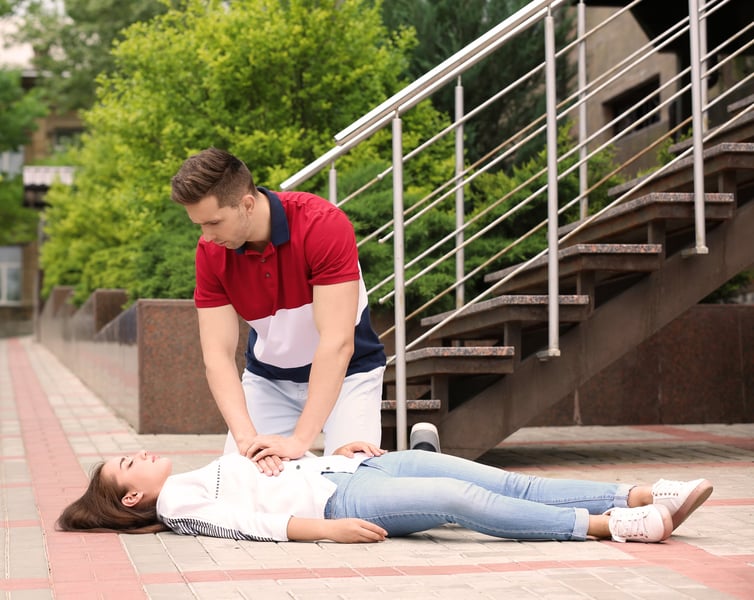155 SE 2nd Main St Hillsboro, OR 97123
Thank you for your patience!**
Now offering Flu Shots. Walk-ins available!
We also offer "Monoclonal Antibodies" treatment for patients with Covid-19.
Get Healthy!

- Posted September 18, 2023
In Public Spaces, Women Less Likely to Get CPR If Cardiac Arrest Strikes
CPR could save your life if you suffer cardiac arrest in a public place, but you're less likely to receive it if you're a woman, a new study finds.
The findings were presented Monday at the European Emergency Medicine Congress, in Barcelona.
“In an emergency when someone is unconscious and not breathing properly, in addition to calling an ambulance, bystanders should give CPR. This will give the patient a much better chance of survival and recovery,” co-author Dr. Alexis Cournoyer, a researcher at Sacred Heart Hospital of Montreal, said in a meeting news release.
Co-author Sylvie Cossette, a nurse researcher at the Montreal Heart Institute, said the study was meant to uncover factors that might discourage people from delivering CPR.
“Our study shows that women experiencing a cardiac arrest are less likely to get the CPR they need compared to men, especially if the emergency happens in public,” Cournoyer said. “We don't know why this is the case. It could be that people are worried about hurting or touching women, or that they think a woman is less likely to be having a cardiac arrest. We wondered if this imbalance would be even worse in younger women, because bystanders may worry even more about physical contact without consent, but this was not the case.”
The researchers used records of cardiac arrests that occurred outside of a hospital setting between 2005 and 2015 in Canada and the United States to see where the emergency occurred, the age and gender of the patient and whether or not a bystander performed CPR.
More than 39,000 patients with an average age of 67 were included in the study.
In all, 54% received CPR from a bystander — 52% of women and 55% of men. The difference was greater when looking only at cardiac arrests that happened in public places, such as the street. About 61% of women received CPR, compared to 68% of men. These lower rates of CPR in public were found in women regardless of their age.
The study also found that in private locations, older people, especially older men, are less likely to receive CPR.
With every 10-year increase in age, men were around 9% less likely to be given CPR during a cardiac arrest. For women having a cardiac arrest in a private setting, the chances of receiving CPR were about 3% lower with every 10-year increase in age, the study found.
“We would like to study this issue in greater detail to understand what lies behind the difference," Cossette said in the release. "This could help us make sure that anyone who needs CPR gets it, regardless of gender, age or location.”
Findings presented at medical meetings are considered preliminary until published in a peer-reviewed journal.
“CPR saves lives, but sadly not everyone who suffers a cardiac arrest will get the CPR they need,” Dr. Youri Yordanov, of the St. Antoine Hospital emergency department in Paris said in reaction to the findings. “This study gives us some clues about why that's the case. A cardiac arrest can happen anytime and anywhere, so we all need to learn CPR and to be willing to perform it without hesitation.”
More information
The American Heart Association has more on CPR.
SOURCE: European Emergency Medicine Congress, news release, Sept. 18, 2023







